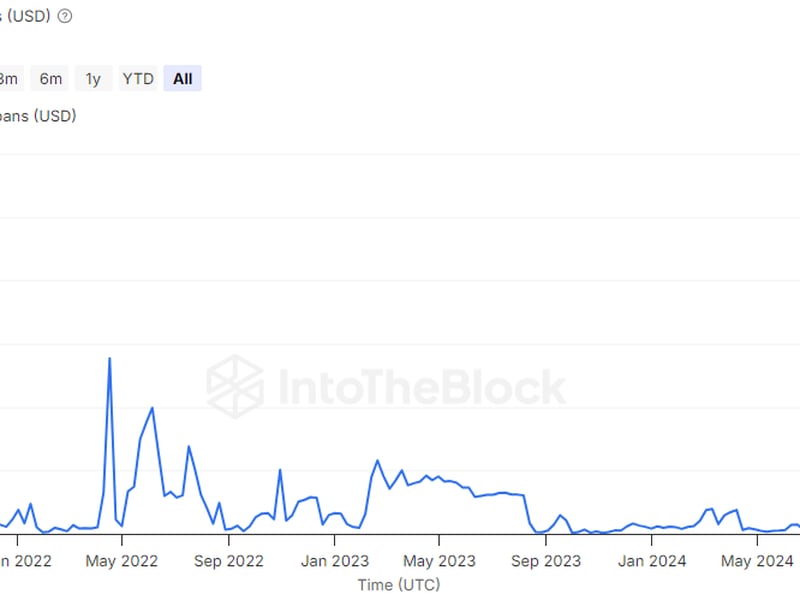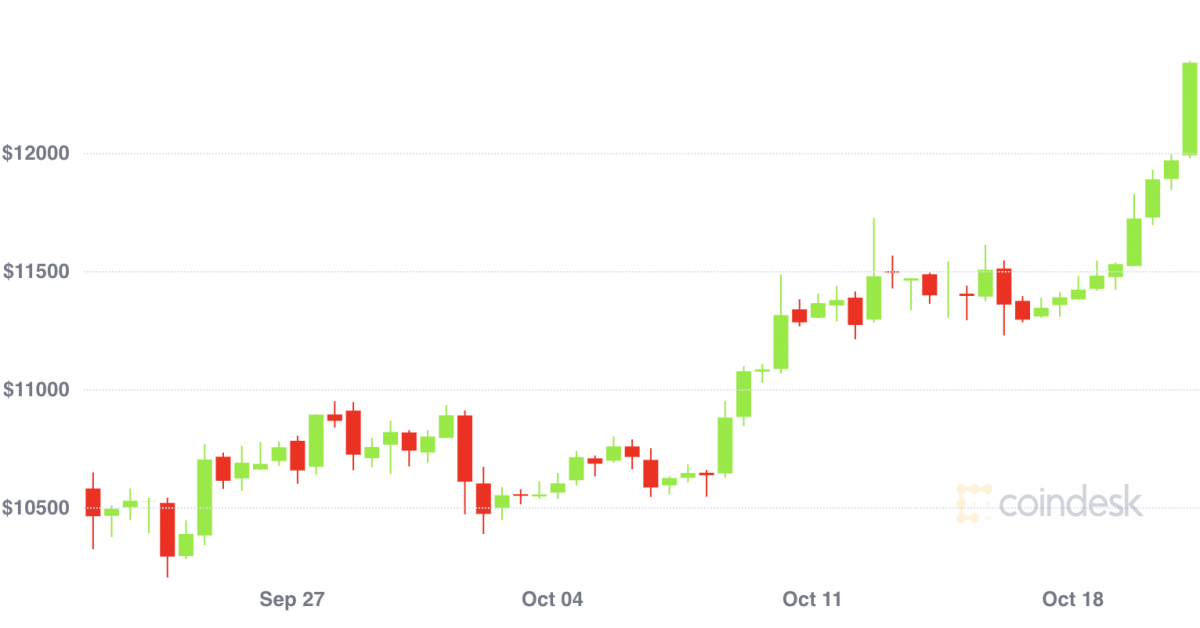Women in Crypto Earn More Than Men
Pantera Capital recently conducted the largest compensation survey in crypto, with 502 general survey participants. When we got the results we discovered something surprising: crypto, unlike almost every other industry we know of, pays women more than men. This finding is a bright spot for an industry that struggles with its mainstream public perception. At




:format(jpg)/author-service-images-prod-us-east-1.publishing.aws.arc.pub/coindesk/56966d12-a838-4118-9ea1-f6fd9267d059.jpg)








